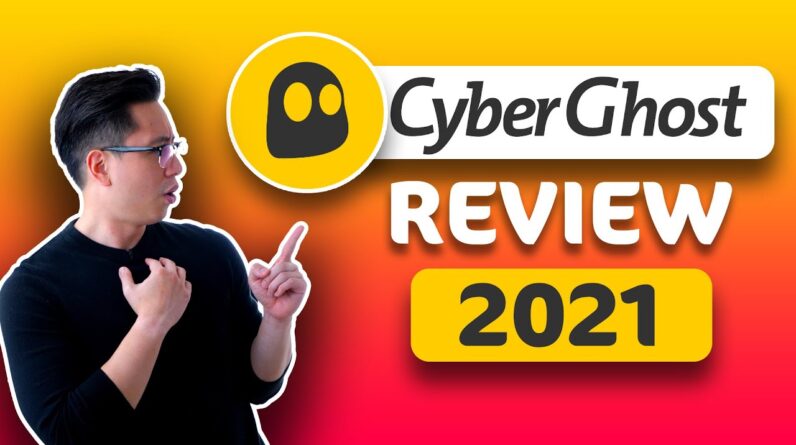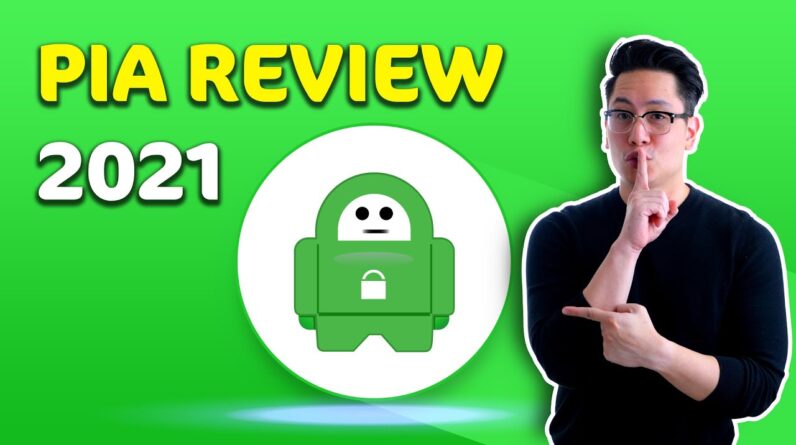As someone observing from the USA, the recent discussions about the Republican party’s approach to pornography has caught my attention. There appears to be an increasing effort among them to advocate for more stringent rules and possibly total prohibition of adult content. In this blog post, I’m going to dig into the motivations for their push to restrict porn and look into the possible effects this could have on the nation. Follow along as we dive into this divisive issue from a First Person Singular viewpoint.
Introduction
In this article, I will be discussing the recent efforts by Republicans in the United States to introduce measures to restrict access to pornography. As someone who values personal freedom, I find these proposals concerning, and I believe it is important to have an open and honest conversation about the potential implications for individual privacy and internet freedom. Join me as I delve deeper into this controversial topic.
I. The States That Restrict and Block Porn
As Republicans push for stricter regulations on pornography, several states have already implemented age verification and privacy measures. Arkansas, Mississippi, Louisiana, Utah, Montana, Virginia, and North Carolina are just a few examples. These states aim to create barriers to prevent minors from accessing explicit content and to protect users’ personal information. While the intentions are noble, it is crucial to examine the potential consequences of these actions.
II. The Concerns Surrounding Blocking Access
-
Privacy Violations:
One of the main concerns with blocking access to pornography is the potential invasion of privacy. Implementing age verification measures requires individuals to provide personal information, such as their name, address, and social security number, which raises serious privacy concerns. Allowing websites to collect and store such sensitive data increases the risk of data breaches and identity theft. -
Internet Freedom:
Blocking access to pornography raises questions about internet freedom and censorship. While protecting minors from explicit content is important, implementing broad restrictions can lead to a slippery slope. Critics argue that this could set a dangerous precedent, potentially paving the way for further censorship and limitations on freedom of expression online.
III. The Role of VPNs in Bypassing Restrictions
Virtual Private Networks (VPNs) can play a significant role in bypassing restrictions and preserving online privacy. By masking a user’s IP address and encrypting internet traffic, VPNs create a secure tunnel that allows individuals to access blocked content and maintain their privacy online. VPNs have become a vital tool for individuals looking to circumvent censorship and protect their online identity.
IV. Finding the Right VPN
-
Take the VPN Quiz:
If you’re unsure which VPN suits your needs, I recommend taking my VPN quiz on my website. By answering a few simple questions, you can find the VPN that best matches your requirements, whether it’s for privacy, streaming, or torrenting. -
TorGuard VPN:
For those seeking reliable privacy and security, I highly recommend TorGuard VPN. With my exclusive code “tomspark2023,” you can enjoy a hefty 50% discount on your subscription. Take advantage of this offer and ensure your online presence remains private. -
Surfshark VPN:
If affordability is your priority, Surfshark VPN is an excellent choice. With a remarkable discount of 82% off and an additional four months added to your subscription, you can enjoy unbeatable value. Safeguard your online activities without breaking the bank.
V. Conclusion
As Republicans in the USA consider measures to block pornography, concerns about privacy violations and internet freedom arise. While protecting minors is crucial, it is essential to carefully evaluate the potential consequences of implementing strict regulations. VPNs offer a solution for bypassing restrictions and preserving individual privacy. To find the best VPN for your needs, don’t forget to take the VPN quiz on my website or explore the exclusive offers available with TorGuard VPN and Surfshark VPN.
FAQs
-
Are VPNs legal in the United States?
Yes, VPNs are legal to use in the United States. They are a tool used for enhancing online privacy and security. -
Can VPNs completely protect my privacy?
While VPNs can significantly enhance your privacy and security online, they are not foolproof. It is crucial to choose a reputable VPN provider and follow best practices for online safety. -
Will VPNs slow down my internet speed?
Using a VPN can potentially slow down your internet speed due to the encryption and rerouting of your internet traffic. However, with a quality VPN service, the impact on speed is often minimal. -
Can I use a VPN to access blocked streaming services?
Yes, a VPN can help you bypass geographic restrictions and access blocked streaming services. By connecting to a server in a different location, you can appear as if you are accessing the service from that region. -
Do VPNs work on all devices?
VPNs are compatible with a wide range of devices, including computers, smartphones, tablets, and even routers. Most VPN providers offer dedicated apps for popular operating systems and devices.
Note: The products and services mentioned in this article contain affiliate links.






